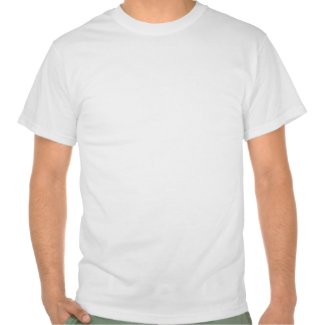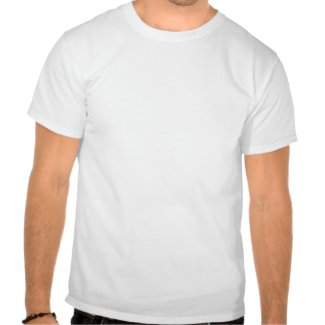
There is a reason they call it the circle of life. Everything is connected to everything else. There are so many of these loops in our lives that we don't always pay attention to them. If you are trying to live simply and have a joyful, enriching life experience, you might want to take some time to observe these cycles and see how many of them you can boost in your own Cottage Economy.
The first thing that comes to mind is keeping a few chickens and raising a little garden. Chickens and gardens do go very well together in our cottage economy, as long as they are physically separated by a good fence. For example, while most of you, living on really small plots of land, as in the city, will not be able to grow all the food for a few chickens, you can easily grow some. Collard greens are excellent and high in calcium which the chickens need in abundance to make their egg shells. Collard greens are also good for people for the same reason.
In addition the chickens will be quite happy to have any bit of weeds, vegetable peelings, and old, bug infested garden truck as you have time to toss over the fence. (Chickens love bugs and worms!) Chickens are omnivorous and opportunistic eaters. They well pretty much eat anything that doesn't get them first. I have even see a flock of chickens attack and eat a small snake. This means that if you scrape all your plates and about to go bad leftovers and feed them to the chickens, you will greatly reduce the amount of chicken feed you have to buy and of course you are sending much less garbage to the landfill. (Though of course I hope that if you don't have chickens you are putting all of your food scraps into your worm bin or compost pile.)
Then of course if you are raising red worms in your compost piles you have a perfect protein food for your chickens. In fact the combination of garden greens, plate scrapings and worms may mean that you won't need to buy food for your chickens at all.
Now take cleaning out the hen house. Deep litter is the recommended way of keeping your hens. This means putting down a deep, absorbent organic base in their house, straw, leaves, sawdust, fine wood chips, etc. This is best layed over a dirt floor or a layer of sand. Toss in some more dry, absorbent bedding each week as needed. The chickens will scratch and peck around in it, finding good things to eat. The mass of manure and straw will actually begin to decompose some and set up a beneficial bacterial culture which makes antibiotics. The chickens will pick up bits of this as they scratch around and it will help them stay healthier. This is a much better scenario, getting bits of naturally existing antibiotics than being kept in a wire cage with no access to dirt or bugs and being pumped full of antibiotics in their food just to keep them alive.
When you clean out the hen house (I usually do this about twice a year, early spring and early fall) and pile it up and wet it down you then begin another bacterial fermentation. The pile will heat up to over 200 degrees F. and in doing so will kill any weed seeds, insects and most 'bad' sorts of bacteria. (the ones that cause diseases). Each time the pile begins to cool down you turn and water it a bit and it will heat again. When it quits heating up, it is safe to put on the garden.
Now that manure pile is composted and it will have a high nitrogen content. Perfect for growing lettuces, cabbages, collards and other leafy greens that need a lot of nitrogen. And so the cycle begins again; feeding garden greens, food scraps and earth worms to your chickens in exchange for meat and eggs on your plate.
At the same time since you now have some meat and eggs of your own and you have vegetables and fruit from your garden, you are buying less at the grocery store. Besides keeping some more money in your pocket, you are now bringing home less packaging. Food packaging is probably the biggest amount of waste going to the land fill these days. I know from experience that even when I have 5 people to feed, if we are mostly eating from our own place, my actual garbage going to the land fill is reduced to about 1 bag every two weeks.
So now take a look around and look at the systems and cycles going on in your cottage economy and see how you can tweak them to get the most benefit from them.

